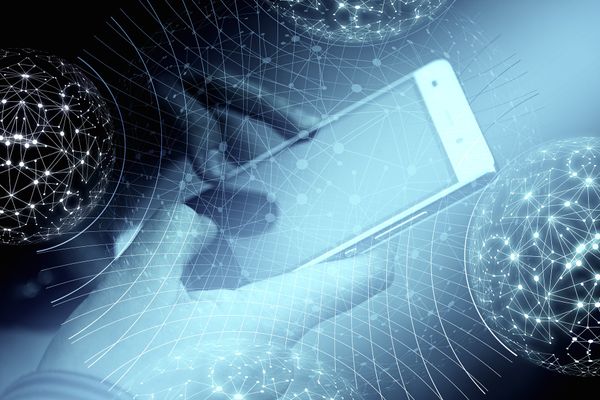Weekly Review

Trojan.Exploit.ANOP
Normal
0
21
false
false
false
DE
X-NONE
X-NONE
MicrosoftInternetExplorer4
/* Style Definitions */
table.MsoNormalTable
{mso-style-name:”Table Normal”;
mso-tstyle-rowband-size:0;
mso-tstyle-colband-size:0;
mso-style-noshow:yes;
mso-style-priority:99;
mso-style-qformat:yes;
mso-style-parent:””;
mso-padding-alt:0cm 5.4pt 0cm 5.4pt;
mso-para-margin:0cm;
mso-para-margin-bottom:.0001pt;
mso-pagination:widow-orphan;
font-size:10.0pt;
font-family:”Times New Roman”,”serif”;}
This is
another campaign that uses several exploits in an attempt to drive-by-download
other malware on vulnerable systems, similar to Trojan.Exploit.SSX. This time, Trojan.Delf.POH is the
payload. Trojan.Delf.POH monitors your browsing habits and sends the
information back to its servers to produce targeted pop-up advertisements.
The
exploits used in this JavaScript are:
- iframes which lead to different versions of
the Flash Player exploit - exploit for SSReader consisting in a buffer overflow vulnerability in the
“LoadPage” function
of an ActiveX control
Both
exploits give the attacker the possibility to download and execute arbitrary
code on the affected machine (Trojan.Delf.POH)
Trojan.Rensom.B
This
e-threat is probably received via spam email as an attachement under the name
skype.exe. After execution, the file drops and runs three files and
displays an error message to make the user believe the file was invalid.
The dropped
files are:
%windows%lsass.exe
(detected: Trojan.Rensom.B)
%windows%services.exe
(detected: Trojan.VB.NXI )
%windows%uninstlv16.exe
(detected: Trojan.Rensom.B )
services.exe
and uninstlv16.exe spread the original malware infection to all available
removable disks. It copies the malware with the name “Skype.exe” and
creates an “autorun.inf” in order for the file to be executed when the
removable disk is plugged into another computer.
lsass.exe
will encrypt almost all the files on your hard drive (except the critical
system files). Meanwhile it will display a ransom note, asking the user to pay
a small fee in order to recover his files.
Information
in this article is available courtesy of BitDefender virus researchers: Daniel
Chipiristeanu, Adrian Stefan Popescu
tags
Author
Right now Top posts
Outpacing Cyberthreats: Bitdefender Together with Scuderia Ferrari HP in 2025
March 12, 2025
Streamjacking Scams On YouTube Leverage CS2 Pro Player Championships to Defraud Gamers
February 20, 2025
How to Identify and Protect Yourself from Gaming Laptop Scams
February 11, 2025
Your Device ‘Fingerprint’ Will Go to Advertisers Starting February 2025
December 24, 2024
FOLLOW US ON SOCIAL MEDIA
You might also like
Bookmarks







